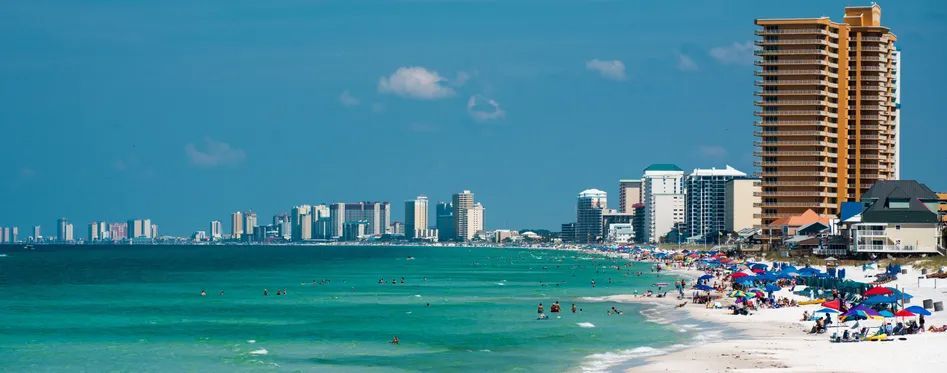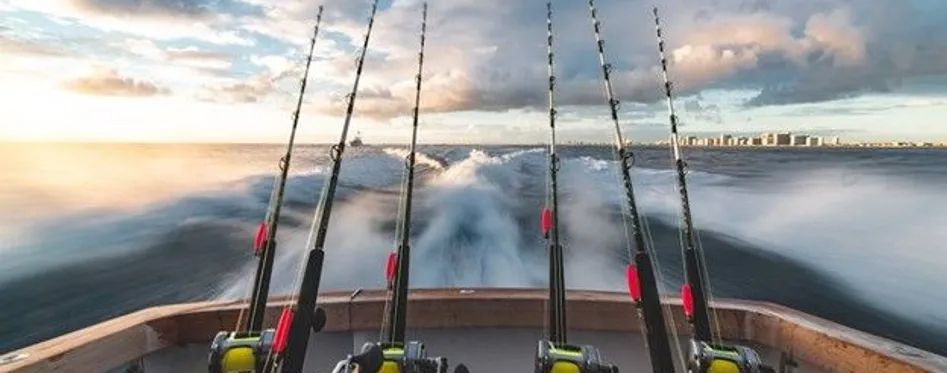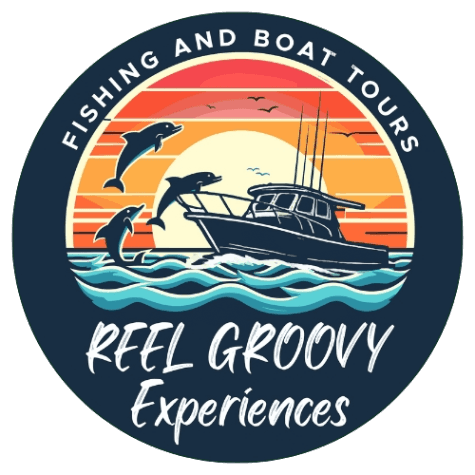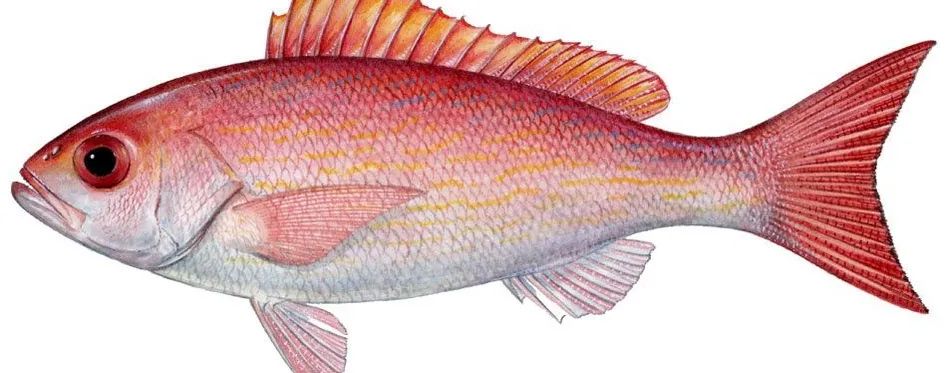Fishing Charter Etiquette: What to Know

Understanding the roles of the captain and crew is crucial. They’re not just there to guide you, but to ensure your safety and the success of the trip.
Respecting the equipment and the boat is another key aspect. These are the tools of the trade, and mishandling them can lead to problems.
Then there’s the matter of conservation. Catch and release practices, for instance, are not just about preserving marine life, but also about respecting the sea and its inhabitants.
In this guide, we’ll delve into these topics and more, providing you with a comprehensive overview of fishing charter etiquette. So whether you’re a seasoned angler or a first-timer, you’ll be well-prepared for your next deep-sea fishing adventure.
Before You Board: Preparing for Your Fishing Charter
Being punctual is key to a successful fishing trip. Arriving early allows you to settle in and hear any initial instructions. It also shows respect for the crew and other guests.
Dressing appropriately is equally important. Comfortable, weather-appropriate clothes, non-slip shoes, and a good hat are essential. Don’t forget sunscreen and sunglasses for sun protection.
Here’s a quick list of what to bring:
- Sunscreen and hat
- Sunglasses
- Water and snacks
- Motion sickness medication
Fishing licenses are often required. Check whether your charter service provides this or if you need to obtain your own. They ensure that all fishing is done legally and responsibly.
Preparation enhances your experience and keeps you ready for anything. The more organized you are, the more you can focus on the adventure ahead.
The Captain and Crew: Roles and Respect
The captain is your guide and leader at sea. Listening to their instructions is crucial for everyone’s safety and enjoyment. They know the waters and all the best fishing spots.
The crew is there to assist and educate. They help with gear, baiting hooks, and reeling in fish. Treating them with respect makes the trip smoother for all.
Engage with the crew, ask questions, and learn from their experience. They are often seasoned anglers with valuable insights.
Respecting the captain and crew helps maintain order on board. Everyone benefits from mutual respect and courteous interaction.
Remember, your cooperation enhances the experience for everyone. Good manners go a long way on the open sea.
On-Deck Dynamics: Safety and Cooperation
Safety protocols are not optional. Always follow the captain’s instructions for handling gear and equipment. Your safety and that of others depend on vigilance.
Before casting your line, ensure your space is clear. This protects you and your fellow anglers from accidents. It’s also important to be mindful of hooks and lines around others.
Here’s what you need to remember:
- Wear life jackets when recommended.
- Keep a safe distance from others while casting.
- Be aware of the equipment in motion.
Treat charter equipment with care. The gear is high-quality and vital for a successful trip. Mishandling can damage expensive tools, impacting the entire group.
When fishing with others, cooperation is key. Respect personal space and communicate clearly when moving around. A friendly attitude fosters a fun, team-oriented atmosphere.
Share your fishing stories and listen to others’ experiences. Engaging positively makes your adventure memorable and full of camaraderie. Working together is part of the joy of charter fishing.
Catching with Care: Fishing Practices and Conservation
Respect for marine life is paramount. Practicing catch and release is crucial for preserving fish populations. It’s not just about the thrill of the catch but also about giving back to nature.
Handle your catch with care. Use wet hands or gloves to protect the fish’s slimy coat, which wards off disease. Supporting the fish properly can reduce harm and increase its survival rate after release.
Be mindful of the environment. Discarding trash overboard harms the ocean and its inhabitants. Always keep the deck clean and dispose of waste responsibly upon returning to shore.
Conservation is a key part of the fishing experience. Many charter services participate in tagging programs that help track fish species and contribute to research. Your careful participation supports these efforts significantly.
Understanding ecological impacts helps maintain healthy oceans. By following best practices, you contribute to sustainable fishing and protect marine ecosystems for future generations to enjoy.
After the Catch: Tipping and Sharing
Recognizing the crew’s hard work is vital. Tipping is customary, showing appreciation for their expertise and effort. Most consider 15-20% of the charter cost a fair tip.
After a successful day, sharing your catch can be rewarding. If you’re on a group charter, splitting the catch ensures everyone enjoys their experience. It fosters camaraderie among fellow anglers.
The stories you gather are as valuable as the fish. Sharing tales of your experiences can spark connections and fond memories. Each catch has its story, making every trip unique.
Engage with others on the trip. Exchanging stories deepens bonds and adds to the joy of charter fishing. Personal interactions can make your adventure unforgettable.
Weather, Seasickness, and Unforeseen Events
Weather can be unpredictable. Your captain will monitor forecasts closely. Be prepared for changes and flexible with your plans.
Seasickness can turn a great trip into a challenge. Medication or natural remedies like ginger can help. Stay hydrated and focus on the horizon to ease discomfort.
Unexpected events can occur. A calm, adaptable attitude is key. Your crew is trained to handle various situations, ensuring safety and smooth sailing.
Preparedness is your best friend. Keep essentials like a rain jacket and seasickness pills on hand. This readiness enhances your overall experience.
Keep communication lines open. If concerns arise, talk to the crew promptly. Their support and expertise can be invaluable during unexpected situations.
The Charter Community: Making the Most of Your Trip
Joining a fishing charter is more than just casting lines. It’s about immersing yourself in a communal experience. You’ll share the deck with fellow anglers, each with unique stories and backgrounds.
Engage with your fellow adventurers and crew. Share tips and tricks, and don’t hesitate to ask questions. Everyone is there to learn and enjoy, making it a perfect opportunity to expand your fishing knowledge.
A positive attitude goes a long way. Enjoy the camaraderie and support, whether you’re a seasoned angler or trying this for the first time. A friendly atmosphere is contagious, fostering a memorable trip for everyone.
Patience is essential on the water. Fish have their own schedules, and sometimes the wait is part of the charm. Use this time to socialize or simply soak in the ocean’s beauty.
Enjoy the journey. Your time on a fishing charter is more than about the catch. It’s about the memories made and connections forged in the heart of the sea.
Wrapping Up: Feedback and Environmental Responsibility
Concluding your fishing charter experience thoughtfully is vital. One of the best ways to do this is by providing constructive feedback. Your insights can help the crew improve their service and ensure future guests have an even better experience.
Leave a review on the charter’s website or a trusted platform. Highlight what you enjoyed and suggest areas for improvement. Positive feedback reinforces good practices, and constructive criticism offers avenues for growth. Remember, your words matter.
Environmental responsibility is a shared duty. Many charters engage in conservation initiatives. Learn about these efforts and consider participating or supporting in some way. Protecting marine life and habitats ensures future generations enjoy the same experiences.
As you disembark, ensure you leave no trace. Gather your belongings and dispose of trash responsibly. Respect the sea and its surroundings, just as you enjoyed their bounty.
Your actions, both big and small, contribute to preserving our oceans. Join the commitment to sustainable practices. Encourage others to follow your lead. The health of our marine environment depends on the collective care and responsibility of every individual.





